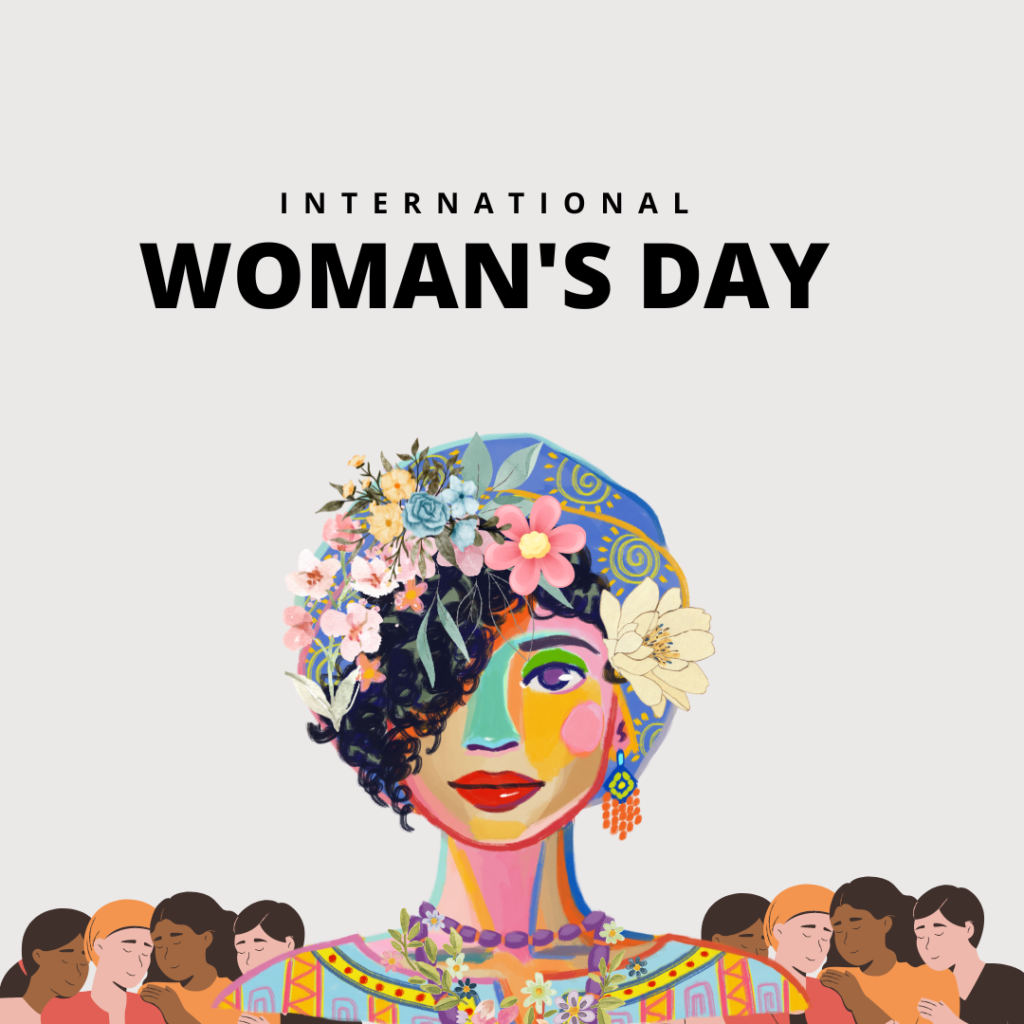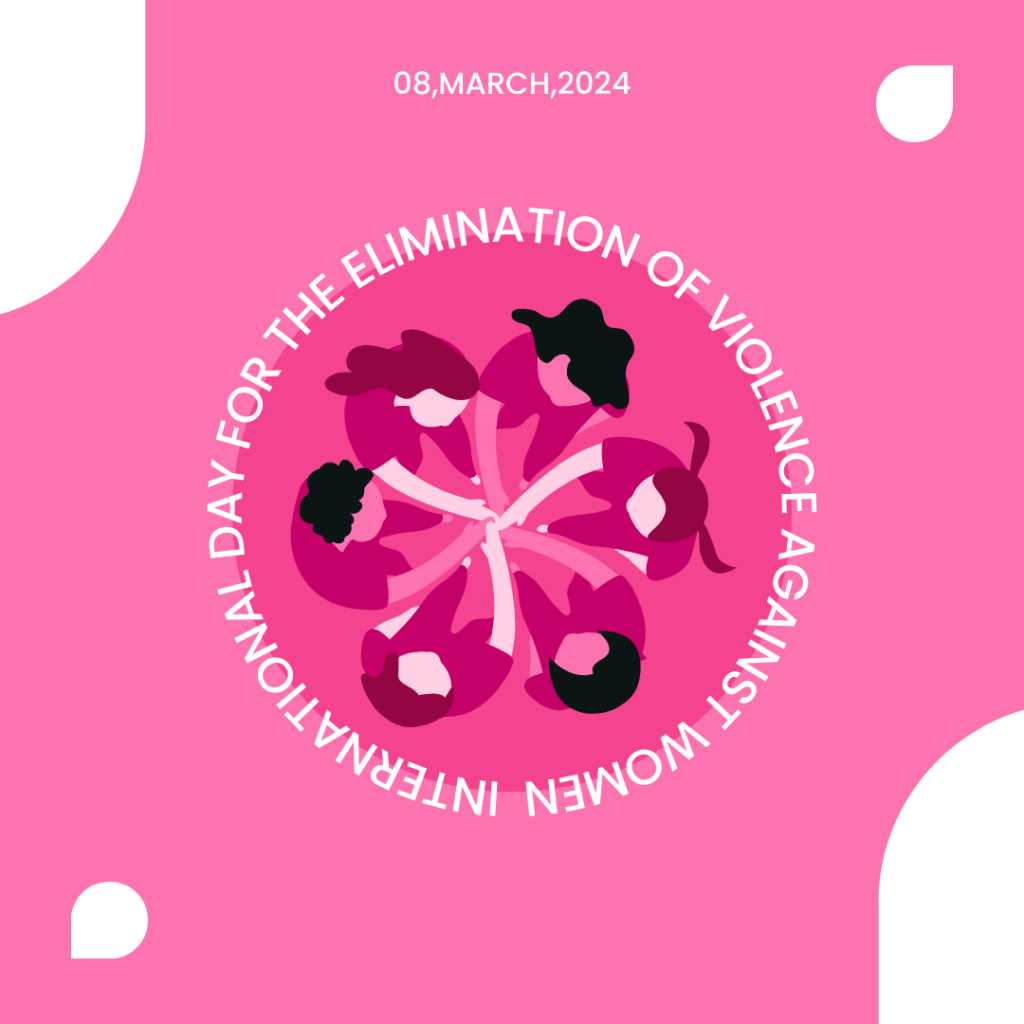“Empowerment Across Borders: Celebrating International Women’s Day”

Well, yes it’s the harsh reality where we are celebrating International Womens Day, every hour a girl is being raped, molested, and burned for dowry. But should we celebrate women for only one day? In recent years, discussions surroundings women’s safety have gained significant traction worldwide. While progress has been made in many areas, the question remains: are women truly safe, not only in India but also in various parts of the world? Despite efforts to address gender-based violence and discrimination, women continue to face threats to their safety and well-being in both public and private spheres. While, in an interview of Yogita Bhayana (women activist) with Raj Sharma said,” the state of the women is still not well, with an example she continued that a girl from Rajasthan was raped by multiple people and then stabbed multiple times.”
Firstly, it is crucial to acknowledge that women experience various forms of violence, including domestic violence, sexual assault, harassment, and trafficking, regardless of their geographical location. In India, incidents of gender-based violence often grab headlines, highlighting systemic issues such as cultural norms, patriarchal attitudes, and inadequate law enforcement. Similarly, women in many other countries face similar challenges, with instances of violence occurring in homes, workplaces, educational institutions, and public spaces.
Furthermore, the fear of violence restricts women’s freedom of movement and limits their access to education, employment, and healthcare. In some regions, cultural practices and societal norms dictate women’s behavior and dress, perpetuating a cycle of victim-blaming and perpetuating harmful stereotypes. Additionally, women from marginalized communities, including LGBTQ+ individuals, refugees, and indigenous populations, are particularly vulnerable to discrimination and violence due to intersecting forms of oppression.

To address these complex issues, concerted efforts are needed at multiple levels. Governments must prioritize women’s safety by enacting and enforcing robust laws, establishing support services for survivors, and implementing comprehensive prevention strategies. Additionally, investment in education and awareness-raising campaigns is essential to challenge harmful gender norms and promote respect for women’s rights and autonomy.
Community-based initiatives and grassroots organizations also play a vital role in empowering women and fostering a culture of solidarity and support. By providing safe spaces, advocacy, and skills training, these initiatives help women assert their rights and access resources to improve their lives.
Moreover, the involvement of men and boys in efforts to prevent violence against women is crucial. Engaging men as allies in challenging patriarchal norms and promoting healthy relationships can contribute to long-term societal change and create safer environments for all individuals.
Where movie like Animal, projects the women as the lower level, where the hero doesn’t respects his own wife, where Tripti Dimri is asked to lick the shoes. Whereas, women’s safety remains a significant concern in India and globally, it is imperative to recognize that progress is possible through collaborative efforts and sustained commitment.
Also read | “Google Doodle for International Women’s Day 2024: A Quilt of Progress”
Author:- Apoorva Arora
